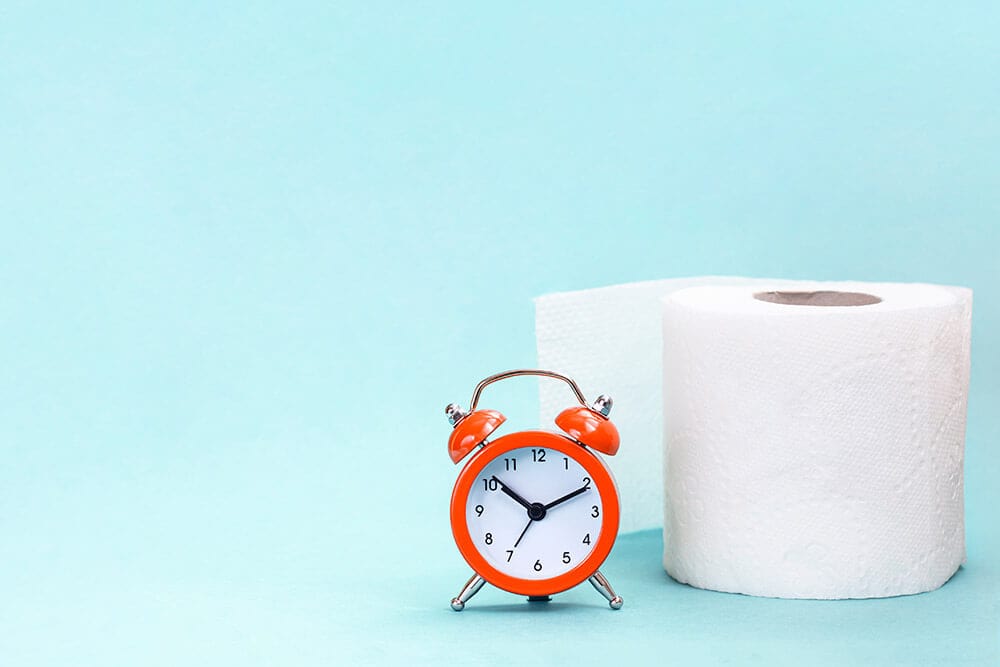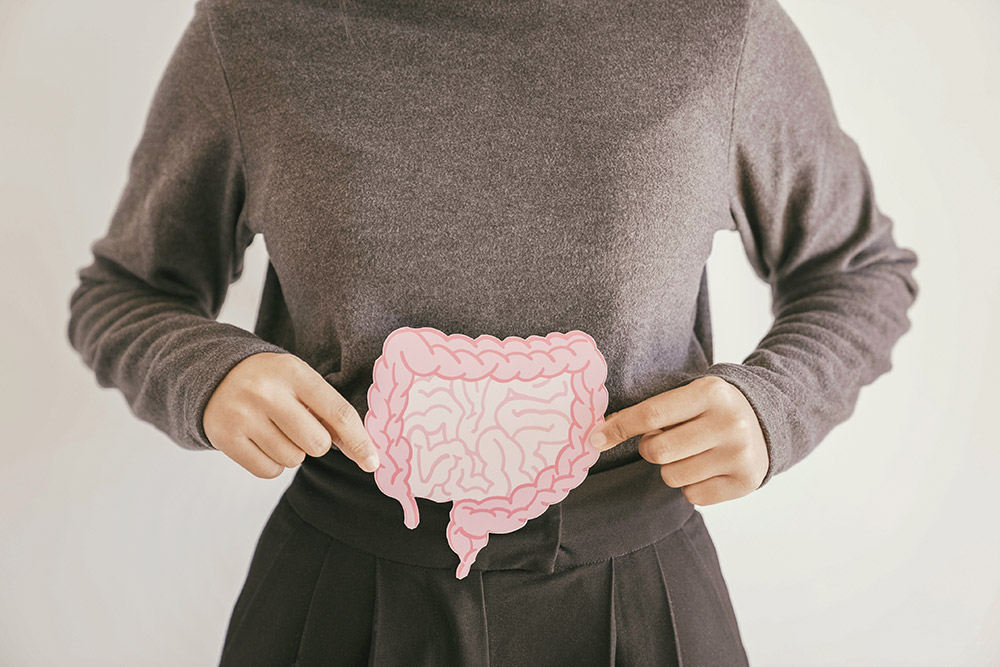Expert Treatment for Rectal Polyps by Dr. Bharat Pothuri
Dr. Pothuri uses a step-by-step approach:
Medical History and Physical Exam
He explores your pain onset, location, severity, triggers (meals, stress), NSAID or alcohol use, and performs an abdominal exam to localize tenderness.
Laboratory Tests
We check for H. pylori infection (breath or stool test), complete blood count (to rule out bleeding/anemia), liver enzymes and pancreatic markers.
Endoscopy (EGD)
- Upper endoscopy lets Dr. Pothuri directly visualize the esophagus, stomach, and duodenum for ulcers, gastritis or reflux-related injury.
Imaging Studies
- Abdominal ultrasound evaluates the gallbladder, biliary tree and pancreas for stones or inflammation.
- CT scan or MRI may be ordered if more detailed view of abdominal organs is needed.
Advanced Testing (if needed)
In select cases, gastric emptying studies or esophageal pH/manometry tests help diagnose motility disorders or refractory reflux.
Frequently Asked Questions
Do all rectal polyps turn into cancer?
No. Many polyps are harmless. However, certain types (like adenomas) can become cancerous over time if not removed.
How often should I be screened for polyps?
If you're over 50 or have a family history of polyps or colorectal cancer, a colonoscopy every 5-10 years is generally recommended.
Can diet prevent rectal polyps?
A high-fiber, low-fat diet may lower your risk, but regular screening is still the most effective way to catch polyps early.
Does polyp removal during colonoscopy hurt?
No. Removal is performed under sedation, so you shouldn't feel pain during the procedure.
When will I get my pathology results?
Most pathology reports are available within 5-7 days after polyp removal, and Dr. Pothuri will review them with you promptly.












